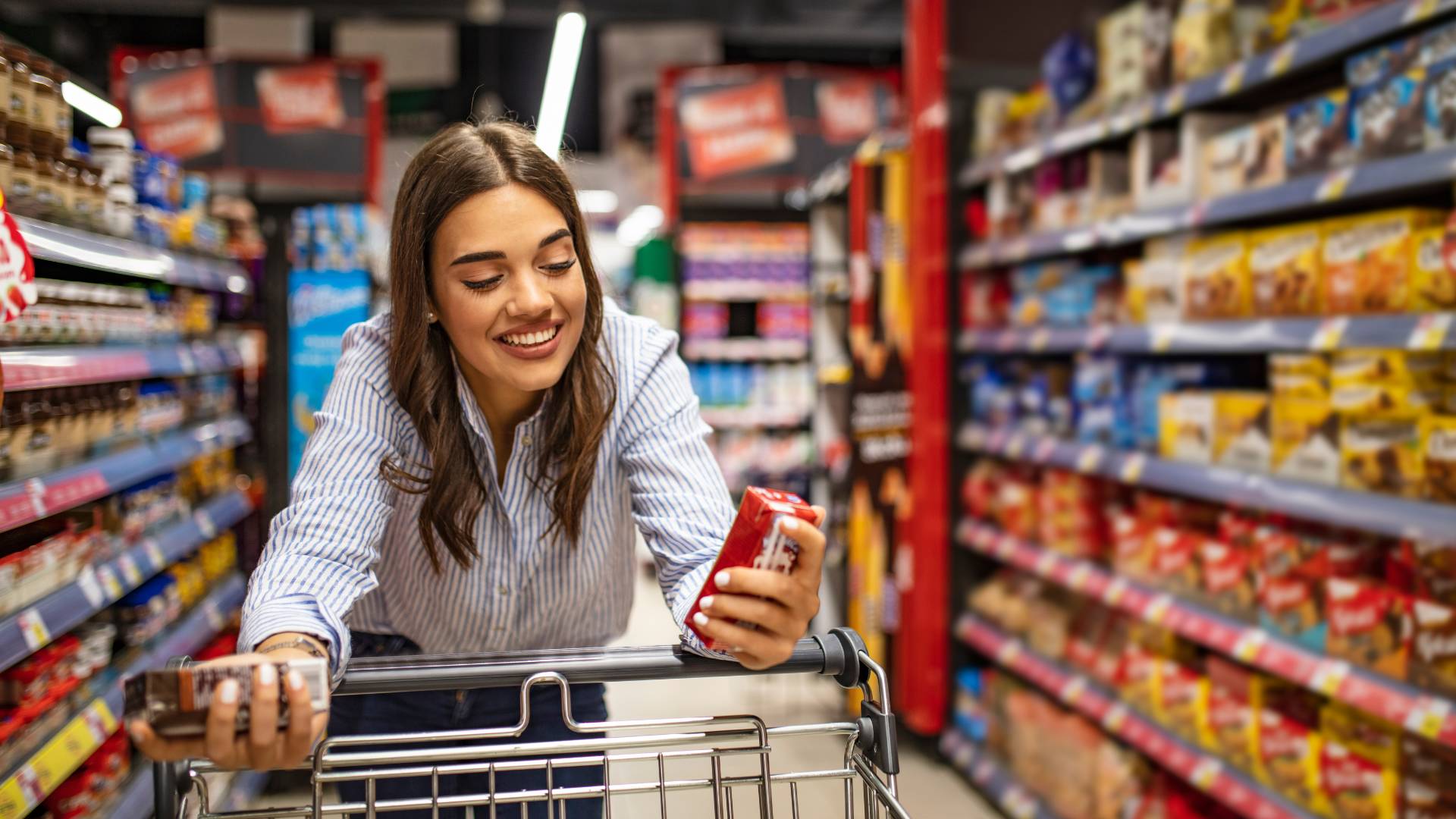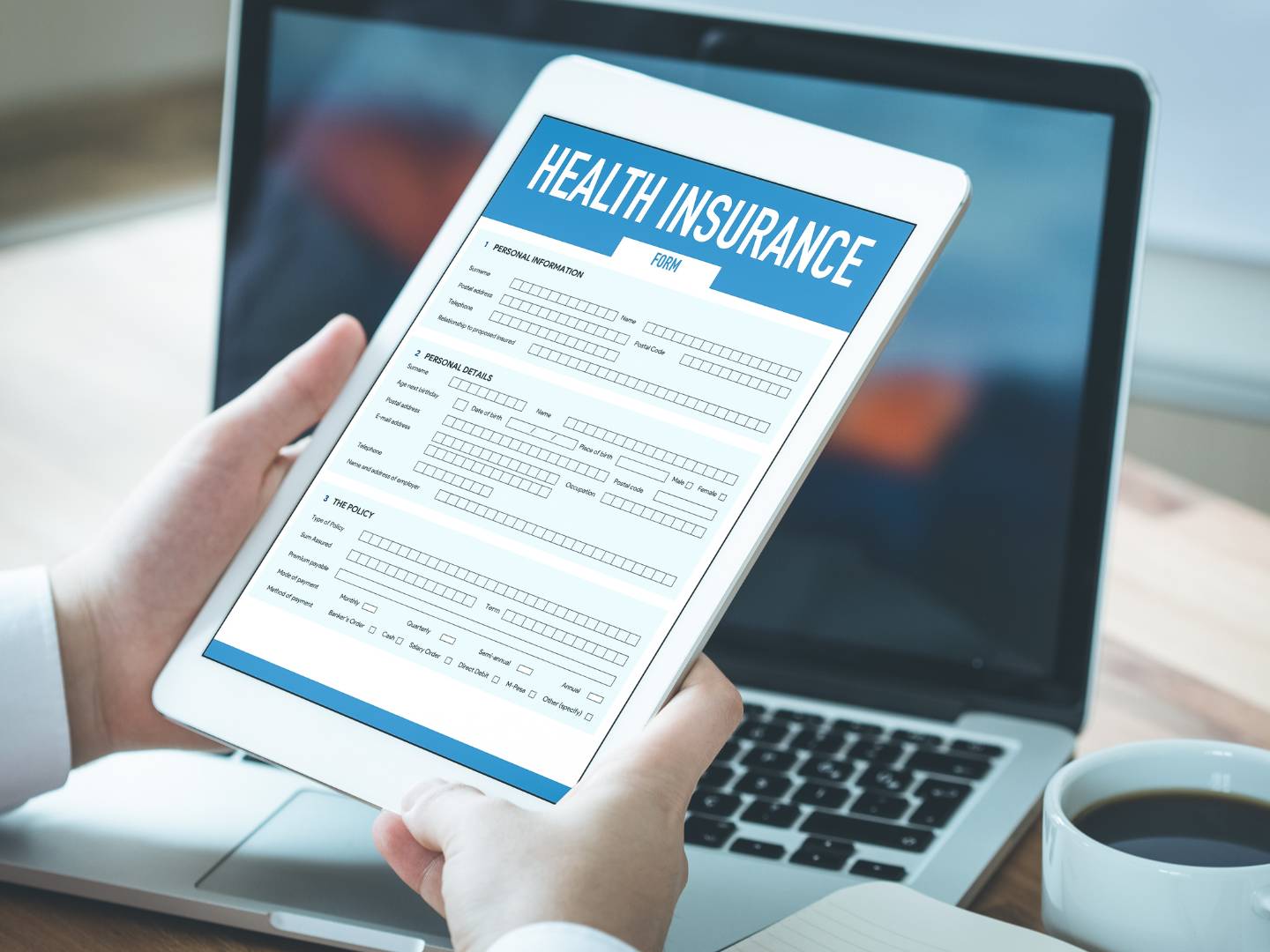French Supermarkets: Doing grocery like a local
New to France? Learn about French supermarkets and the best places to buy groceries in France.
Jale
After moving to France, one of the first things you’ll need to do is stock up your kitchen with grocery items. To help you ease into your new expat life in France, we’re going to share some tips about grocery shopping in France, which grocery stores are perfect for your budget, and how much groceries cost on average.
Ready? Allons-y!
Where do French people buy their groceries?

Younger French people or those without cars do their daily or weekly grocery shopping in their neighborhood from the smaller supermarkets and french specialty food stores. These include the boucherie (butcher), fromagerie (cheese shop), crèmerie (dairy shop), boulangerie (bakery), patisserie (pastry), traiteur (prepared meals), charcuterie, and caviste (wine merchants) stores.
Families tend to visit hypermarkets once a month, which are on the outskirts of the city. Here, you can buy products ranging from food items and cleaning supplies to electronics and clothes.
Those seeking a premium deli section, organic produce, and a wide selection international, gluten and lactose-free products shop at the high-end supermarket chains.
Other than these, French markets (marché) are the go-to for fresh and affordable veggies, fruits, and fish.
What are the most popular supermarkets in France?

France has different grocery store options for every taste and budget.
Top 5 supermarket chains in France are: Carrefour, Intermarché, E.Leclerc, Auchan, and Monoprix.
-
Carrefour: One of the most popular supermarkets in France and around the world. There're different types of Carrefours, depending on the size of the store. Carrefour Contact, Carrefour City, and Carrefour Express are convenience stores. Carrefour Market is a regular supermarket. Hypermarket Carrefour is the biggest and sells non-food items as well.
-
Intermarché: Similar to Carrefour, this French supermarket chain has 4 different types of stores: Hyper (hypermarkets), Super (supermarkets), Express (convenience stores), and Contact (convenience stores in rural areas)
-
E.Leclerc: E.Leclerc is a hypermarket that you'll only find on the outskirts of large cities.
-
Auchan: A hypermarket chain in France with stores mainly outside the central neighborhoods. Its out-of-town stores resemble American hypermarket chains like Walmart and Target.
-
Monoprix: A luxurious fusion between a supermarket and department store that sells high-quality food, fashion, beauty, and home products in over 250 French cities. Many see its store in the heart of Paris (Rue Réaumur street) as a symbol of Parisian luxury.
Want to do cheap grocery shopping and love a good discount deal? Here’re the top 3 large discount stores in France:
- Aldi
- Lidl
- Franprix
Top 4 high-end supermarkets in France if you don’t mind paying extra bucks:
- Biocoop
- Casino
- NaturéO
- Marks & Spencer food
French supermarket prices
You can expect to pay €250-300 per week for groceries in France. Below are the average prices for grocery items:
| Item | Price |
|---|---|
| 1 kg apple | €2.65 |
| 1 kg banana | €1.94 |
| 1 kg oranges | €2.54 |
| 1 kg tomato | €3.08 |
| Bottle of wine | €7 |
| Domestic beer | €2.07 |
| 1 kg beef | €18.43 |
| Chicken fillets | €10.65 |
| Cheese | €15.99 |
| Lettuce | €1.17 |
Overall, grocery shopping in France is expensive compared to many other countries. Eurostat's latest survey of grocery prices indicated that in 2021, France had prices higher than the EU average. Costs were 11% more for general food prices and 20% more for fruit and vegetables. Especially in big cities like Paris, grocery costs make up a big proportion of the cost of living: around €300 per week.
In general, prices will differ per store and by location. Below you can find the list of France's least expensive to the most expensive supermarkets.
- E.Leclerc
- Intermarché
- Colruyt
- Super U
- Cora
- Carrefour
- Auchan
- Casino
When it comes to location, supermarkets prices are generally higher in Paris Île-de-France and Provence-Alpes-Côte d’Azur regions and lower in the western regions, like Britanny, Pays de la Loire, and Nouvelle-Aquitaine.
How can I save money on groceries in France?
The best ways to save money on grocery shopping in France is to be smart about where you shop.
This map by UFC Que Choisir shows 4,000 cheap grocery stores in France.
Visit the market for fresh produce. For even better deals, visit at the end of the day when sellers are wanting to get rid off their produce. For other products, head to a discount store instead of the nearest supermarket.
Other ways to save money on groceries in France is to buy store branded products, get a loyalty card to benefit from discounts in the long run, and to shop from stores that have anti-inflation offers, like E.Leclerc and Lidl. After all, do you want to pay 43.7% more for pasta compared to last year? We don’t think so…
French online grocery shopping
France has many apps for ordering grocery shopping online. You can directly order groceries online, from supermarket chains like Carrefour, or use the UberEats app to receive them within minutes.
Tips for grocery shopping in France

When you wander around in the grocery store for the first time in France, there’ll be some things you wish you had known before. If you want to avoid as many culture shocks, awkward encounters, and confusion, keep these things in mind when grocery shopping in France.
-
French grocery stores don’t sell giant-sized products, unlike Walmart in the US.
-
Eggs and milk are on the shelf, not in the refrigerated section.
-
Weigh your fresh produce before going to the cashier. You’ll find the machines next to the fruits and vegetable section.
-
Grocery bags aren’t free in France and cost about 10c. They encourage you to bring your own bag.
-
Grocery store opening hours are usually from 7:30 AM to 8 PM. They remain open until 9 PM or later in the touristy neighborhoods of major cities.
-
Grocery stores in France remain closed on Sundays. But if you live in the touristy neighborhoods of a major city, you’ll come across some open stores. Specialty stores close at least for an hour during lunchtime.
-
Since stores are closed on Sundays, people try to finish their groceries on a Saturday. To avoid big queues, don’t grocery shop on a Saturday afternoon.
-
You won’t find medicine in grocery stores. Visit the pharmacy for over-the-counter medication.
-
You can’t buy tobacco products in supermarkets. Only tobacco shops can sell cigarettes or any tobacco products in France.
-
Bag your own grocery at the checkout. The cashier won’t do it for you.
-
Unless you’re in a touristy neighborhood, non-European cards won’t work. Make sure you’ve cash or a French bank card.
-
You need to insert a euro coin to unlock the shopping cart. You’ll get it back when you return the cart.
-
Buy cheese, bread, jams, or meat in specialty stores for better quality and taste.
-
Speak some French. French people don’t like to speak English or often don’t know it fluently. If you speak a few French phrases, they’ll help you faster. And they’ll appreciate the effort!
-
People in France don’t buy in bulk and visit grocery stores more often than in other countries. This is because fresh ingredients are a must in French cuisine and French rentals have smaller refrigerators.
-
There’ll be a dedicated section for specialties like heart, feet, or tripe.
-
Don’t touch the product in the specialty stores; let the owner help you.
Please reach out to content@housinganywhere.com if you have any suggestions or inquiries about the content on this page.
Related articles
In this article
Find your home in France
Find accommodation in cities across France. Search for your accommodation now!
Start my Search

